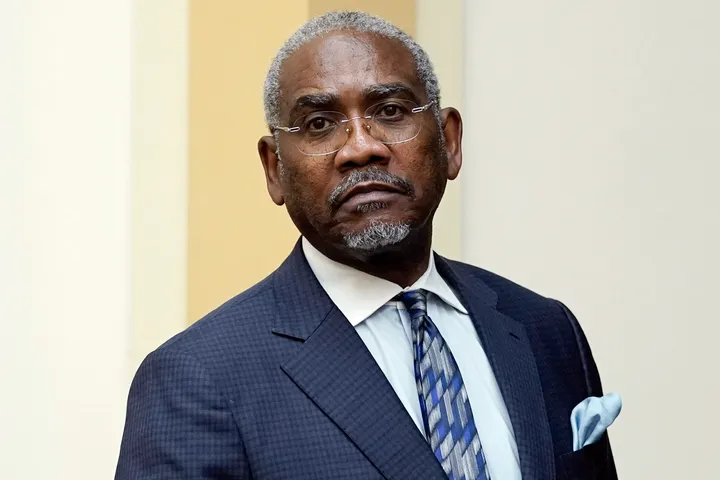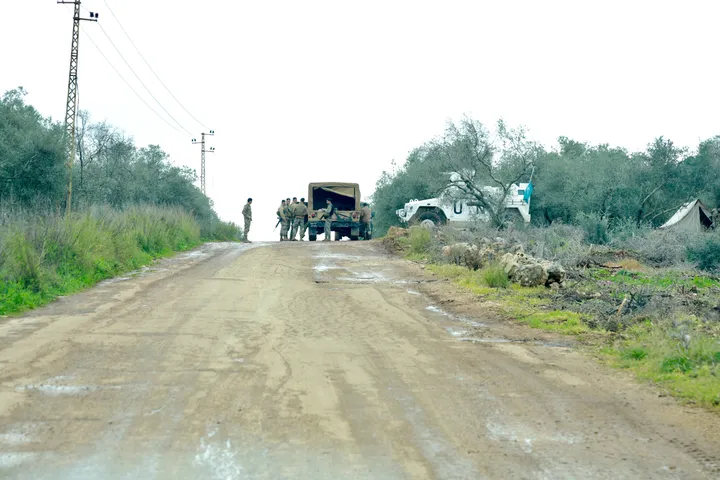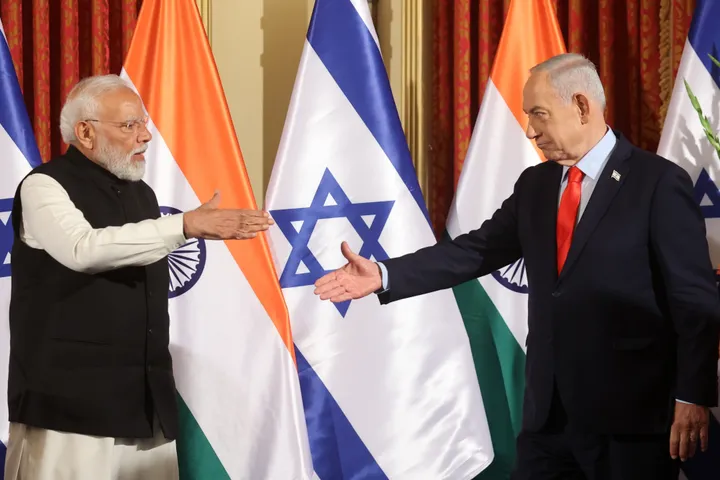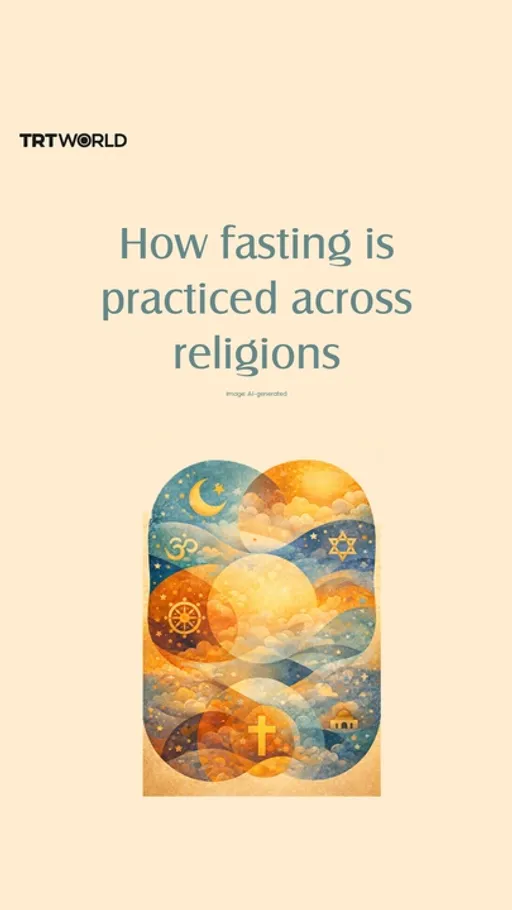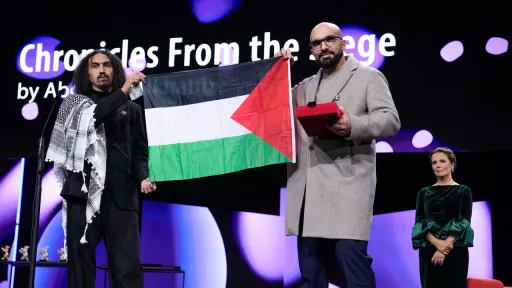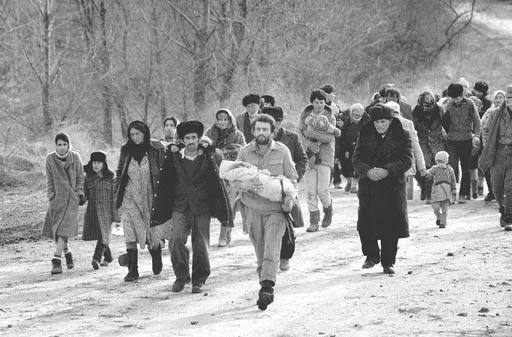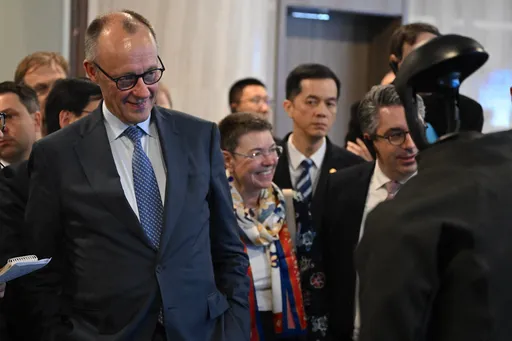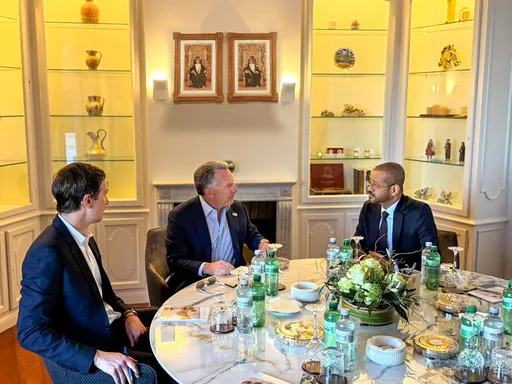Indigenous leaders and Ecuador's president prepared on Sunday for face-to-face talks after nearly two weeks of violent street protests over austerity measures instituted to obtain a multibillion-dollar loan from the IMF.
As both sides geared up for negotiations in the afternoon, one indigenous leader said protesters who have converged from far away will stay in the capital Quito until some kind of agreement is reached on painful reforms such as a doubling of some fuel prices.
"Not just the leaders but the rank and file –– and we will stay until there is a solution," said Salvador Quishpe of an indigenous umbrella grouping called CONAIE.
Meanwhile, Ecuador's military announced it was partially lifting a curfew on the highland capital of Quito until 8 pm on Sunday (0100 GMT Monday) but said it would continue to restrict movement in parts of the city's northern district.
The Joint Command of the Armed Forces added in a statement that it would ensure the safety of indigenous leaders who will take part in the first round of talks.
Hundreds wounded
The 12 days of rolling demonstrations have left six people dead and nearly 2,100 wounded or detained, according to authorities.
Protesters on Saturday targeted a TV station and a newspaper and set fire to the comptroller general's office.
President Lenin Moreno declared a curfew and placed the city under military control to stop the unrest.
On Sunday, police dispersed a group of protesters who tried to erect a barricade with debris from Saturday's violence.
At the heart of crisis
The crisis broke out in early October after Moreno ordered fuel subsidies cut as part of a deal struck by his government to obtain a $4.2 billion loan from the International Monetary Fund.
CONAIE had previously rejected an offer of dialogue but reversed course on Saturday and said the talks would focus on "the repeal or revision of the decree" that has left consumers paying more than double for fuel.
"Our hope is that God willing, today we can sit down and talk and end all this," said Quishpe, a former governor of an Amazon province.
Ecuador's indigenous groups make up a quarter of the country's 17.3 million people.
Thousands from disadvantaged communities in the Amazon and the Andes have travelled to Quito, where they are spearheading demands that the subsidies continue.


